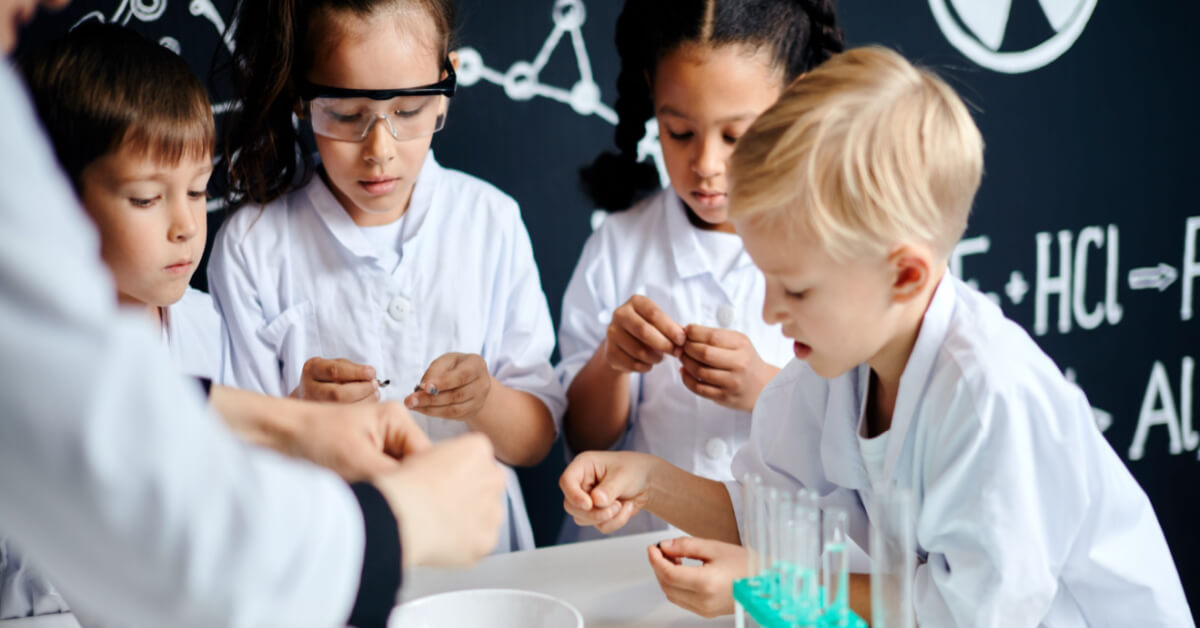June 2, 2022
Tasks by definition are related to work and are often set, but opportunities have a sense of potential benefit and might present themselves or be discovered. Often students are set tasks that don’t inspire them. What happens if we flip our point of view and think about a task as an opportunity for success, gaining something that can help us?
“If you don’t like something, change it. If you can’t change it, change your attitude”
– Maya Angelou
It is telling that the word ‘gain’ means both to ‘obtain or secure (something wanted or desirable)’ and ‘an increase in wealth or resources’. Personal gain is an often vilified term; we tend to think about gaining something or helping ourselves at the expense of someone or something (a zero-sum game). However, do the subjects of gain have to be mutually exclusive? In helping ourselves, can we create opportunities to help others and what might this look like in our students’ experience? Can we develop strategies and understanding that help us, and by extension others, such as making us more collaborative? Within our competitive and grade-orientated scenarios, can identifying and understanding what we can gain beyond…


